In this study, we have developed a framework for understanding the heterogeneity and uncertainties present in the usage phase of the product lifecycle through utilizing the capabilities of Agent Based Modeling (ABM) technique. An ABM framework has been developed to… Read More
Research ProjectsResearch Projects
Environmental Impacts of Industry 4.0
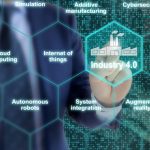
Smart manufacturing in an Industry 4.0 setting requires developing unique infrastructures for sensing, wired and wireless communications, cyber-space computations and information tracking. While an exponential growth in smart infrastructures may impose drastic burdens on the environment, the conventional Life Cycle… Read More
Optimal Sorting Policies in Remanufacturing Systems
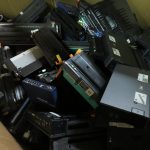
The quality of used products returned to recovery facilities is often highly uncertain. Quality grading and sorting policies are immediate solutions that are used in remanufacturing systems to handle this source of variability in incoming products. In this study, we… Read More
Environmental Evaluation of Product Design and the Role of Consumer’s Repair Behavior
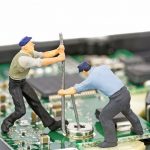
Consumers might be willing to repair their broken devices as long as the associated repair costs do not exceed an undesirable threshold. However, in many cases the technological obsolescence actuates consumers to retire old devices and replace them with new… Read More
Business Outcomes of Repairable Products
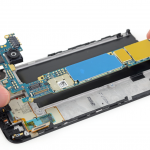
Product repair is a suggested post-purchase activity toward extending the useful lifespan of a product. However, repairability has not received sufficient attention by manufacturers. Even if the product repairability is not explicitly claimed by manufacturers, it is expected by consumers,… Read More
The current status of the consumer electronics repair industry in the U.S.
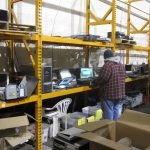
Consumer electronics are turning into consumable devices nowadays, and consumers generally show little inclination to repair broken products due to the lack of repair infrastructures and relative high repair costs. On the other hand, technical, operational, and economic barriers impede… Read More
Integration of Product Life Cycle Data toward Remanufacturing of Waste Electrical and Electronic Equipment
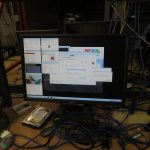
The aim of this study is to incorporate the information collected from the product’s usage phase into making appropriate end-of-use and end-of-life (EOU/L) recovery decisions (e.g., reuse, remanufacturing, recycling, refurbishing, disposal) for consumer electronics. The analyses are focused on discovering… Read More
Agent Based Simulation Optimization of Waste Electrical and Electronics Equipment Recovery
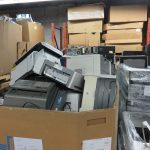
The profitability of Electronic waste (e-waste) recovery operations is quite challenging due to various sources of uncertainties in quantity, quality and timing of returns originating from consumers’ behavior. The cloud-based remanufacturing concept, data collection and information tracking technologies seems a… Read More
Study of Current Trade-In Programs Available for Used Consumer Electronics
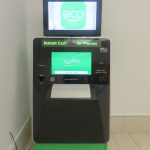
This study carries out an analysis of various trade-in programs available for cellphones in the United States. Product trade-in is one of the methods to recover End-of-Life (EoL) products from consumers. Currently, there is a lack of knowledge amongst consumers… Read More
Multi-purpose Disassembly Sequence Planning
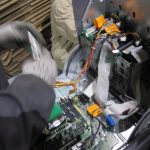
Efficient disassembly operation is considered a promising approach toward waste reduction and End-of-Use (EOU) product recovery. However, many kinds of uncertainty exist during the product lifecycle which make disassembly decision a complicated process. The optimum disassembly sequence may vary at… Read More